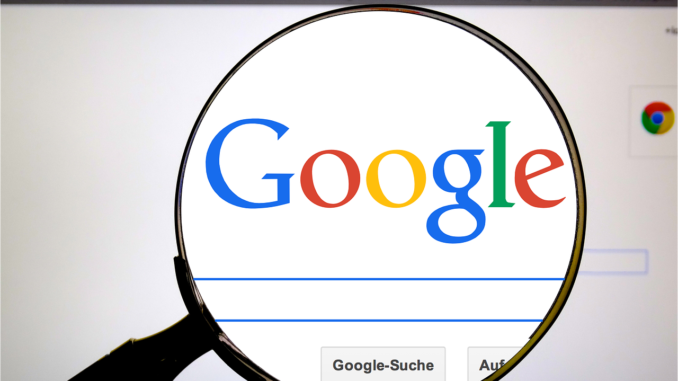
Opening Insights: Knowledge is Power
Technology is, of course, a double edged sword.
Fire can cook our food but also burn us.
JASON SILVA
Google is getting smarter. Through improvements to its search function it has taken one more step toward possessing conversational Artificial Intelligence (AI). The goal of conversational AI is to have the capability to speak with people in a way that they don’t know they are speaking with software.
What does this mean for you? Well, better search results. That means when you ask Google for something it will better understand what you want.
What does that mean for Google? It means the Google analytical algorithms will better know what makes you tick, so it can further it’s goal of using it’s users as a product for it’s advertising customers. This means more control – for Google, not for you.
Informational Insights: Getting Smarter
The following article was published by the Associated Press, “an independent, not-for-profit news cooperative headquartered in New York City.” It was written by Rachel Lerman, technology reporter for the Associate Press.
MOUNTAIN VIEW, California (AP) — Google is paying more attention to the small words in your searches. Want to figure out how to park on a hill with no curb? Google now takes that “no” into account, and shows top results that include parking instructions without curbs.
The company is rolling out the change to English language searches in the U.S. starting this week. Google said it expects the shift will give better results for every one in 10 searches.
Tweaking its massive search engine is nothing new for Google. The company makes regular changes to be more accurate and show more useful results. But this one is the biggest the company has released in at least five years, said Pandu Nayak, Google’s vice president of Search.
“It looks at the whole context of words to try to understand what’s going on,” he said.The change is rooted in Google’s natural language processing research, which studies how to teach computers to understand the nuance of speech and communication. This newest update is based on a training technique called Bidirectional Encoder Representation from Transformers, or BERT.
The technique involves teaching the systems to better understand the order and context in which a word appears. Google trains the system by using a “fill-in-the-blank” practice, having the machines guess which word is missing in a sentence until it gets better at finding the right answer all the time.
Google has long focused on the keywords in your search term, but this method helps it take into account every word in the sentence in order to better understand meaning and, hopefully, show more relevant results first.
BERT brings more, better results, Nayak said the company has found through testing this year. But it’s not perfect, and the change means some results will miss the mark more than they do now.
“We’re really playing a statistical game here,” Nayak said.
So will you notice that Google understands your questions better? Well, maybe. Search has gotten much more nuanced since it first launched more than 20 years ago. But changes by themselves are subtle.
“I think most ranking changes the average person does not notice other than hopefully feeling their searches are better,” Nayak said.
This article originally appeared in AP NEWS: Google digs into deeper meanings of searches
Possibilities for Consideration: Self-Reliance – a Lost Art
Google is getting smarter, but as a direct result, we are losing our self-sufficiency. Is there value in a digital assistant helping with your daily task and life challenges? Absolutely, but when we lose self-reliance only to become reliant on a ginormous tech company that has the power to influence thought and push it’s own political agenda, reliance on them begins to sound scary.
Take a moment and examine…
- As you reviewed the material above, what stood out to you?
- What is the potential impact, economically and/or socially?
- What action is needed to stop or support this idea?
- You may want to consider whether you:
- want to be aware of,
- should become supportive of,
- would want to be active in this topic?
Add Your Insight
I have been impressed with the urgency of doing. Knowing is not enough; we must apply.
Being willing is not enough; we must do.
LEONARDO DA VINCI
